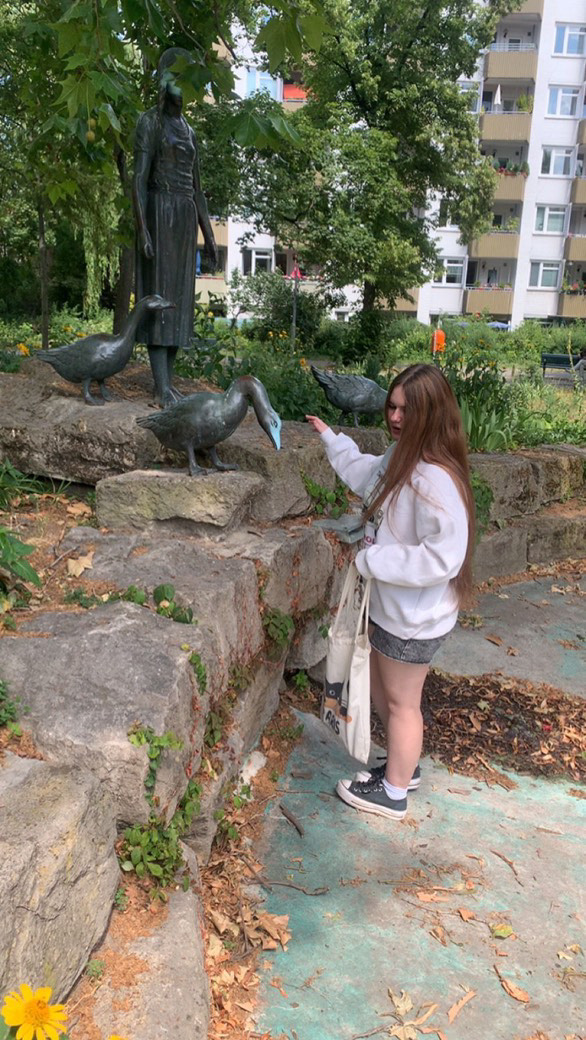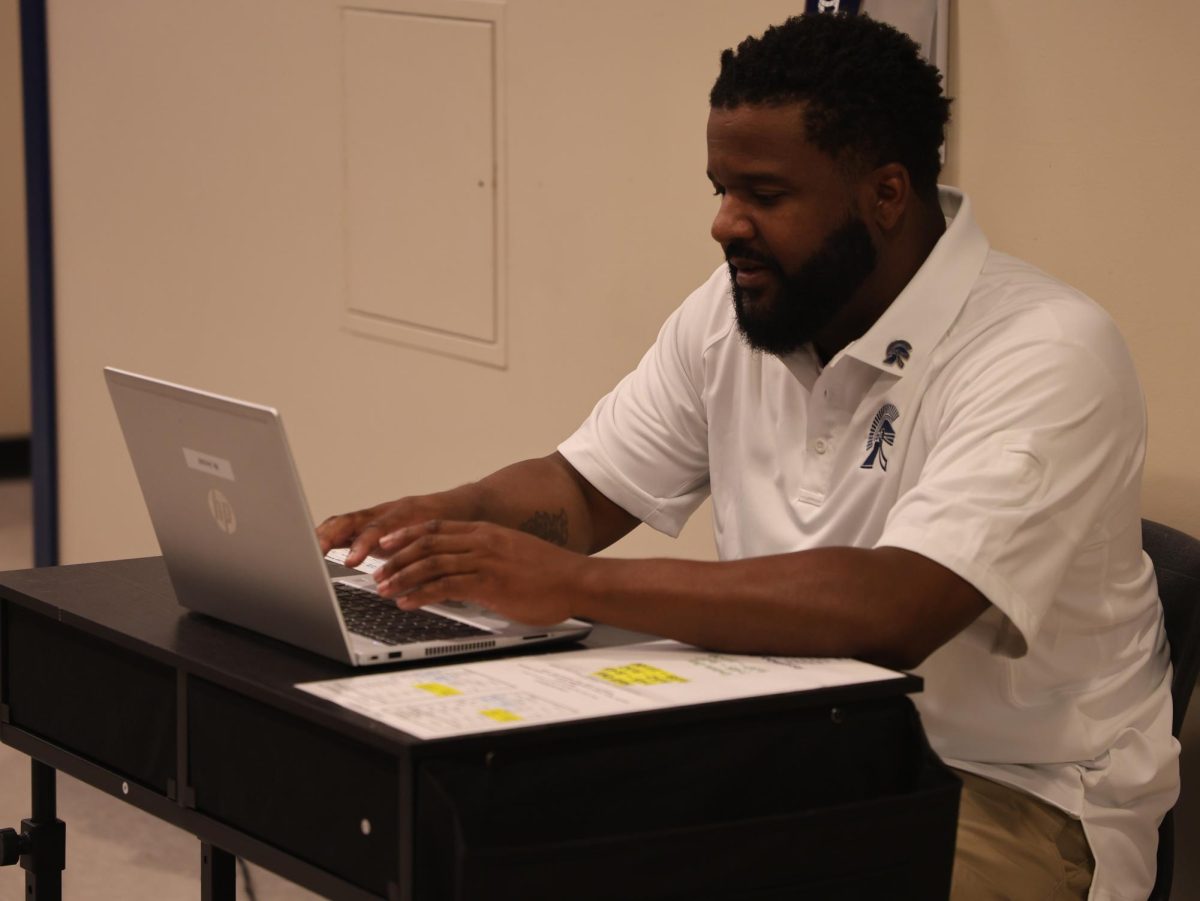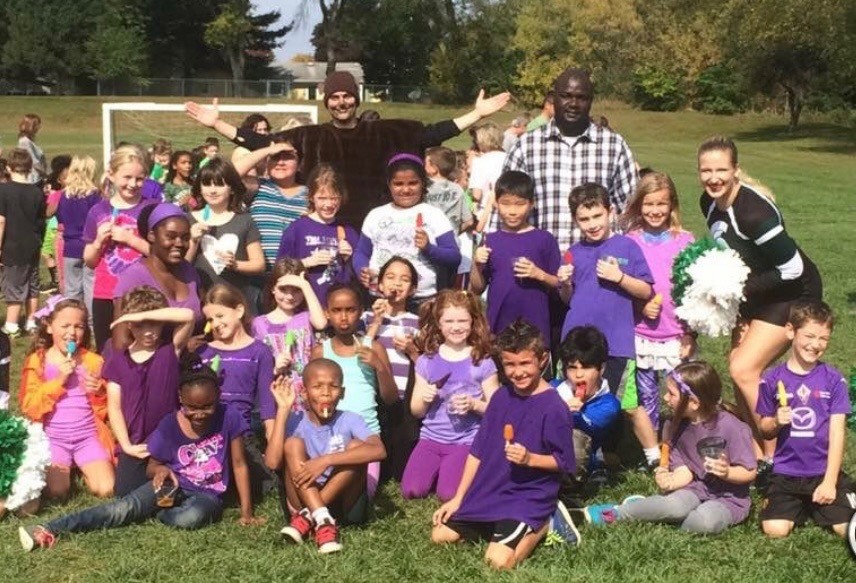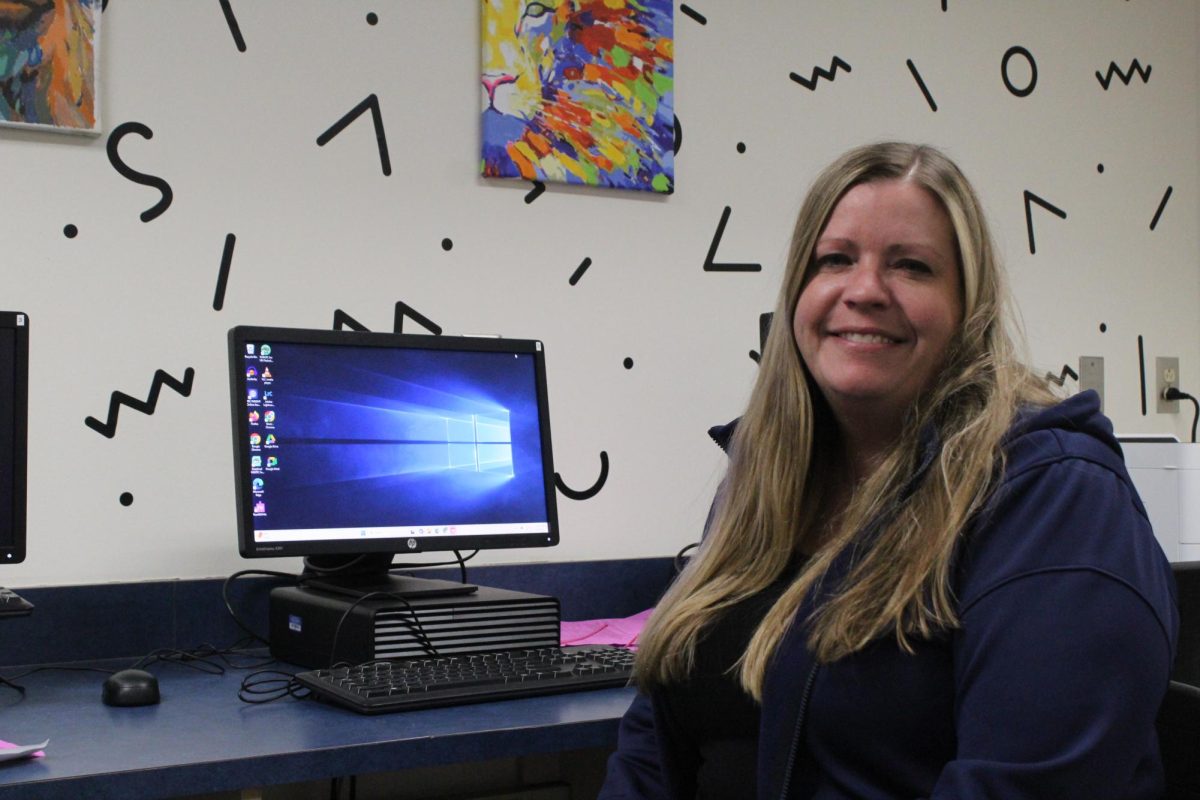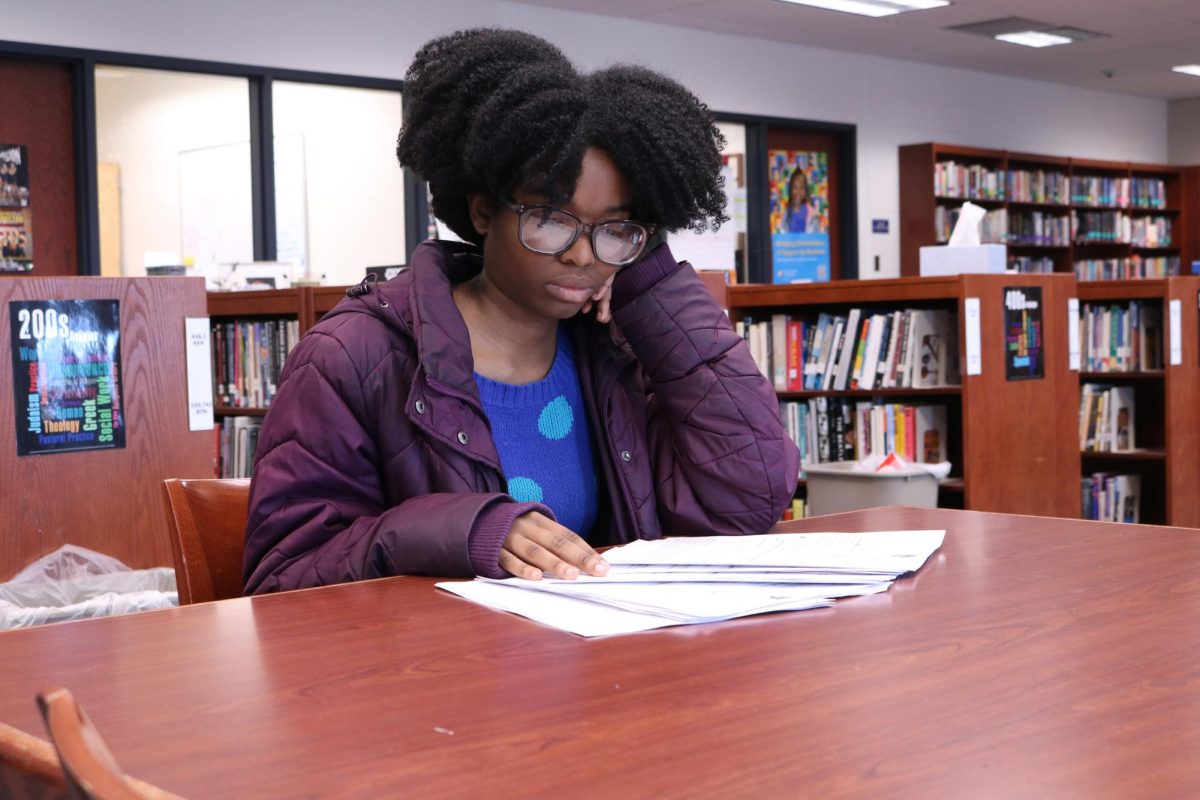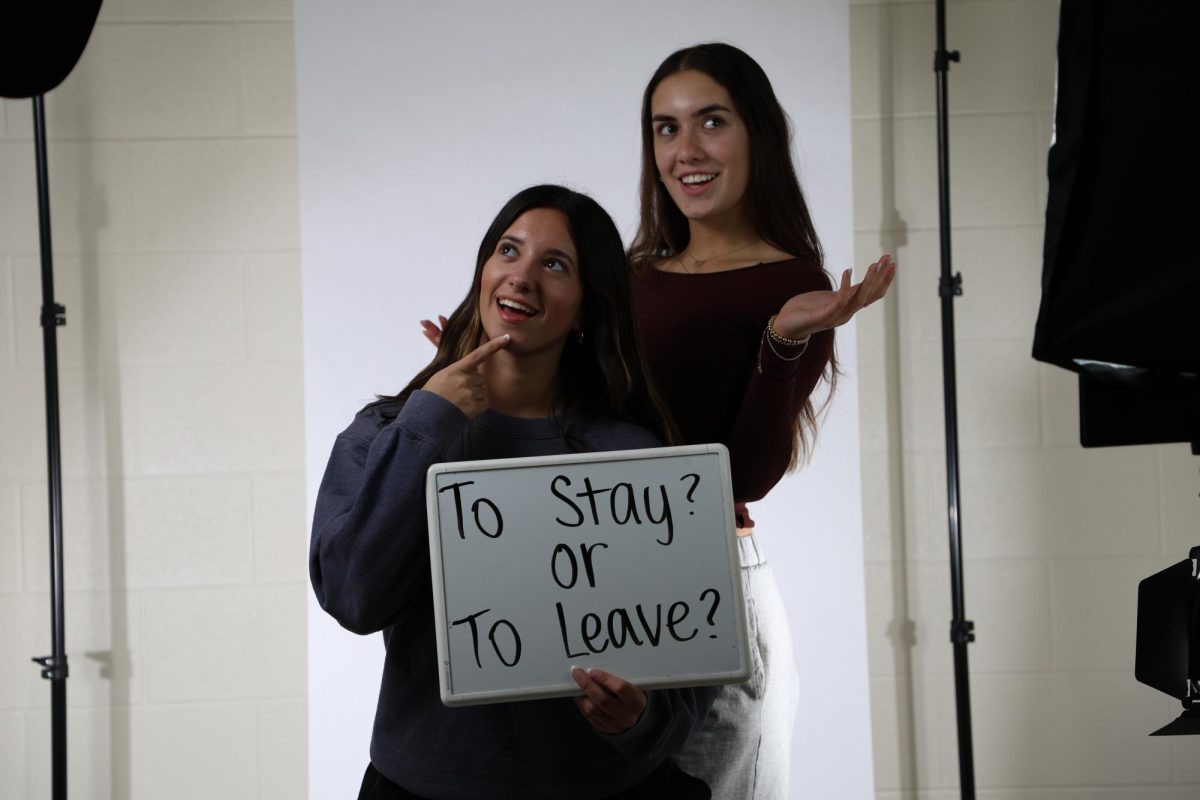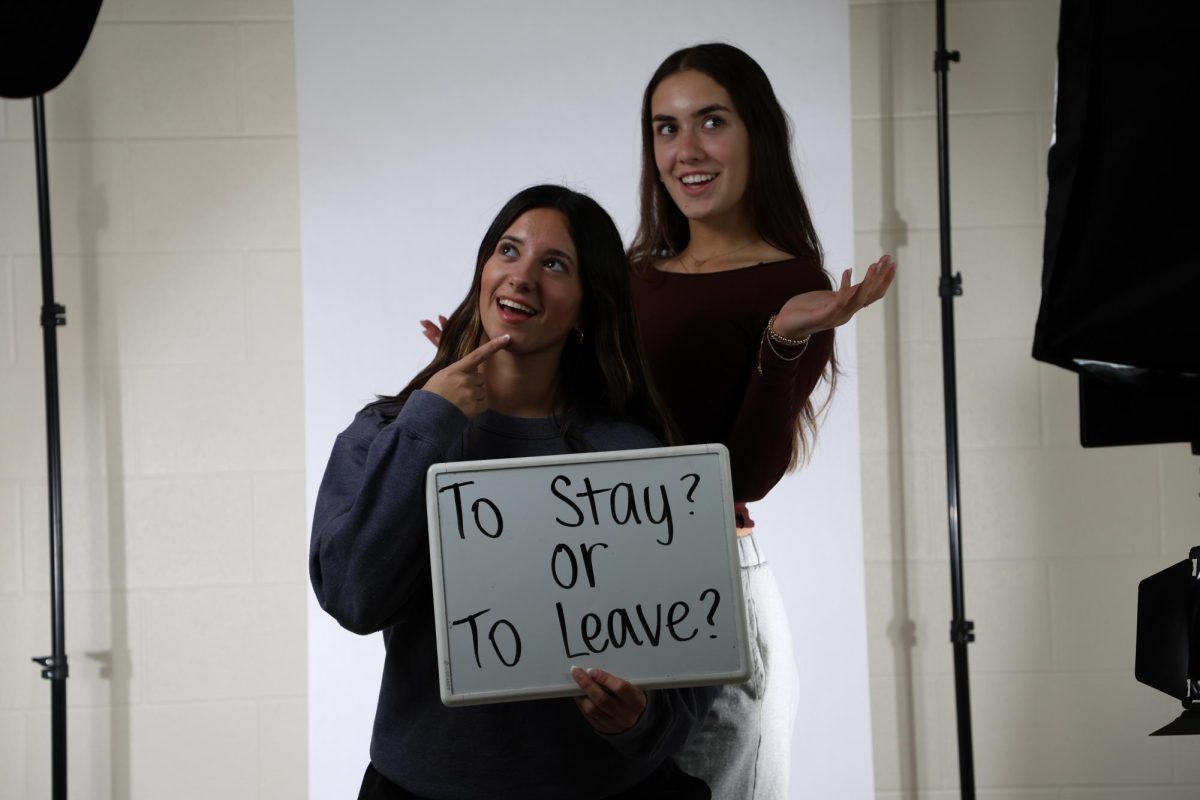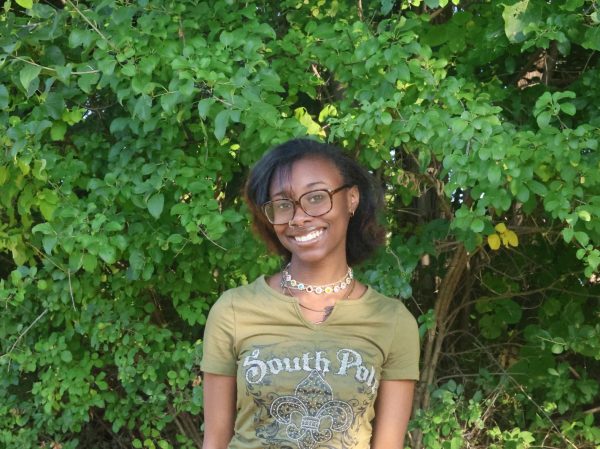Disclaimer:
This story also contains descriptions of drinking and substance use. If you are triggered by such material, please be aware. Due to participation in illegal activity, Portrait has granted anonymity to some individuals in this story, whose names have been replaced with fake ones in order to tell the story authentically.
When October rolls around, the first thing that comes to my mind is Halloween. As a kid, I was always eager to get out of school to don my costume and take to the streets, on the hunt for candy.
It was a day of pure innocence and fun, getting spooked by spiders and monsters.
But as soon as I hit high school, the activities associated with Halloween took a more “mature” shift.
Instead of gorging ourselves on KitKats and Sour Patch Kids, we choose to indulge in different kinds of substances on the holiday:
Alcohol and recreational drugs.
During “Halloweekend,” much of this use can be found at a typical house party. Teens sip on cans of hard seltzers, occasionally taking drinks from communal bottles of liquor, surrounded by their intoxicated peers in a crowded room.
While this is enticing for many students at ELHS, I’ve never seen partying as a consistent source of fun.
But I couldn’t help but be curious as to why my peers, including many of my friends, enjoy these gatherings so much.
After talking with a few frequent partiers, the consensus was clear:
Parties are a way to wash the stresses of the week through an elevated sense of socialization.
Through the environment created by these events, it’s easy to forget the struggles one is experiencing.
For frequent partier, Shawn (12), this is just the case.
“Parties feel like rewards for the week,” Shawn said. “I forget about everything that has been happening and just have a good time.”
For this to occur, many feel alcohol is essential. As someone who attends an estimated 25 parties a year, Mandy (12) chooses to partake in substance use at the vast majority of these gatherings.
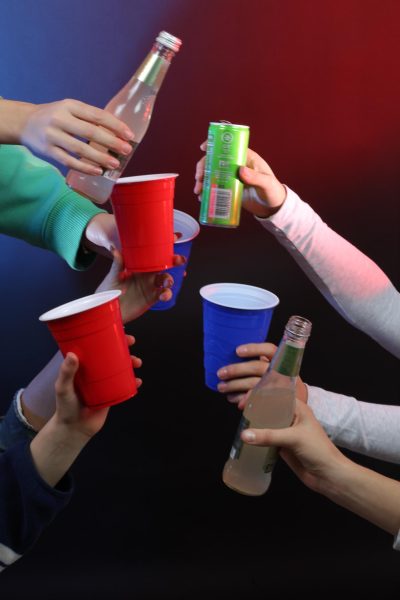
“If you’re not sober [parties] are really fun because you don’t really have a care in the world and you’re just vibing,” Mandy said.
While peer pressure can be a factor in teenage substance use, for Shawn and Mandy, the choice to drink is entirely of their own accord.
“No one will force you to do anything,” Mandy said. “But you do feel left out when you don’t drink.”
As someone who had never attended a party up until this past weekend, there were times when I felt like I was missing out on the fun, but not for the drinking aspect. I saw the levels of socialization of these events through pictures and the media, and I wanted to be a part of it.
But after attending a party and being asked to leave 15 minutes in, I think I got the gist of what parties are really like.
Crowded into one room, shoulder to shoulder with equally familiar and unfamiliar faces, the sense of physical awkwardness was quick to surface.
But I couldn’t help but notice the social discomfort too.
Oftentimes with parties, there’s an explicitly curated invite list, but also one that’s implied. This gives the notion that parties are exclusive.
And when something is portrayed as exclusive, the more people are intrigued.
According to psychology teacher Jade Bennett, this is the product of the human desire for validation, especially by those in our own generation.
“Teenagers specifically are much more prone to make decisions based on social acceptance due to peer conformity than other age groups might be,” Bennett said. “This is a stage of life where seeking validation and belonging within social groups is a major motivating factor in determining which behaviors one partakes in or not.”
As a result of this, to be “accepted” at parties, you have to be a part of these crowds right off the bat. So, even if you can get in, it’s not going to be the most invigorating experience.
As someone who craves at least some semblance of structure, parties aren’t the kind of environment I thrive in. This, accompanied with a crowd of mostly drunk teenagers, made the party scene one I don’t see myself returning to.
This being said, I can see the appeal. For those who can easily jump into any conversation, and feel comfortable with consuming illegal substances, it’s probably a blast.
But for me, it felt like checking off a box on a bucket list.
Now that I’ve been there and done that, do I really need to do it again? Probably not.
If you choose to keep attending such gatherings, or even if it’s your first time, make sure to be educated on the risks. A night of fun can easily turn into a nightmare, but there are many ways to prevent this.
“Of course, the best course of action is to abstain from engaging in these activities, especially when your brain is still developing, but if you are going to partake regardless, my biggest piece of advice is to arm yourself with knowledge in order to protect yourself and those around you,” Bennett said. “Talk with a trusted adult, ask questions, do your research.”



